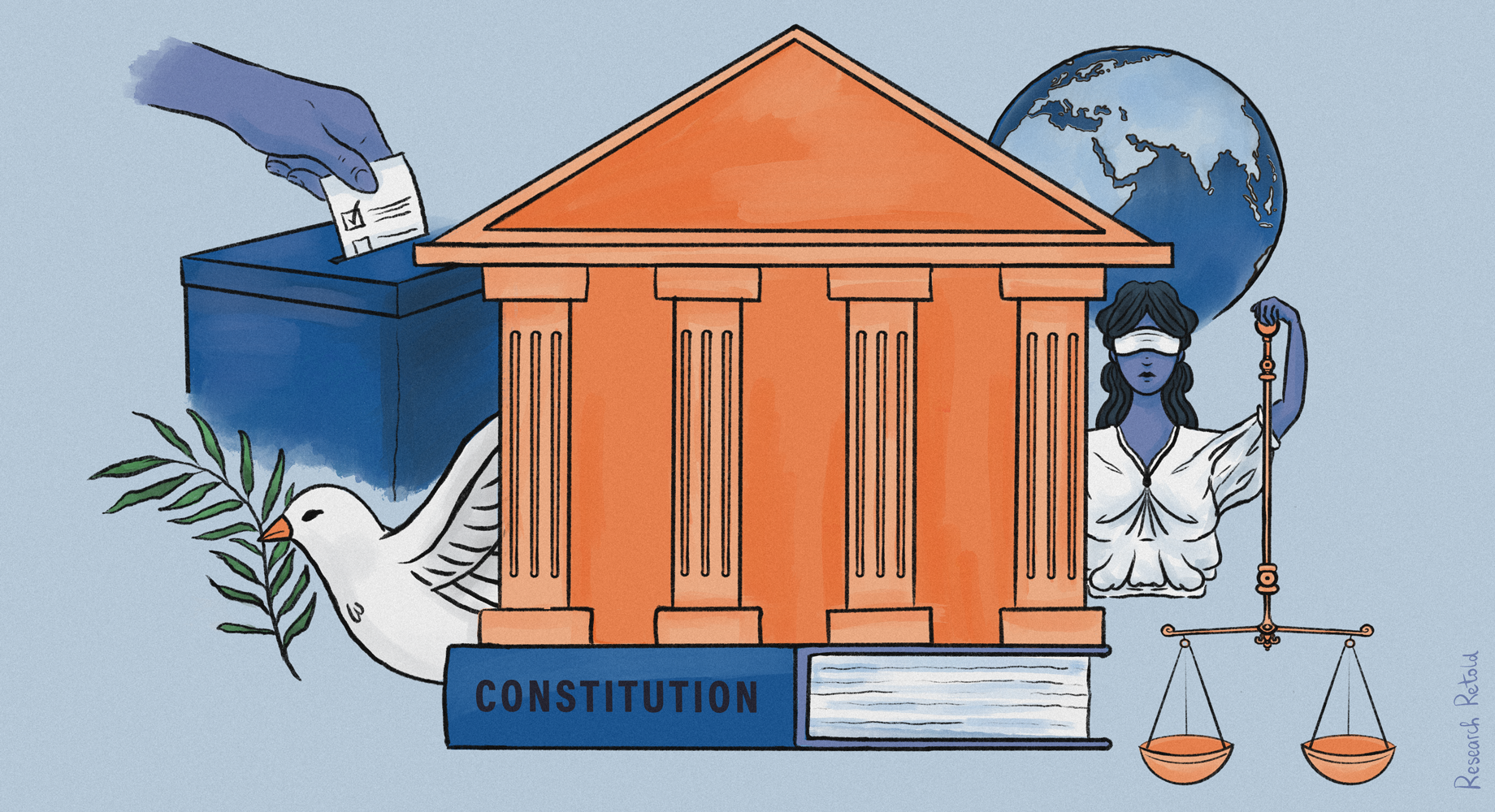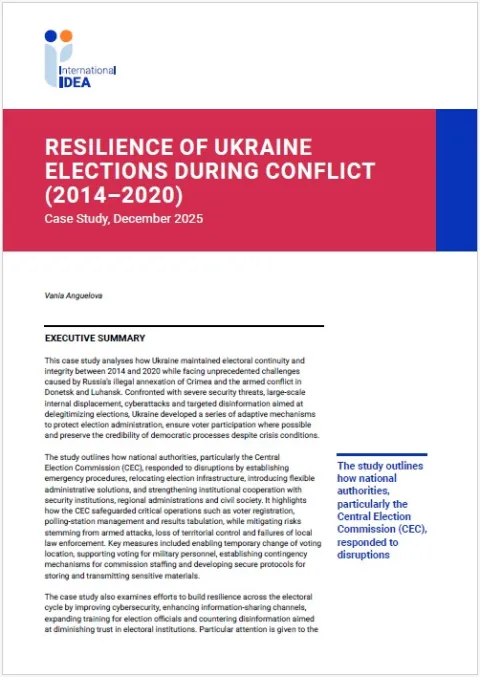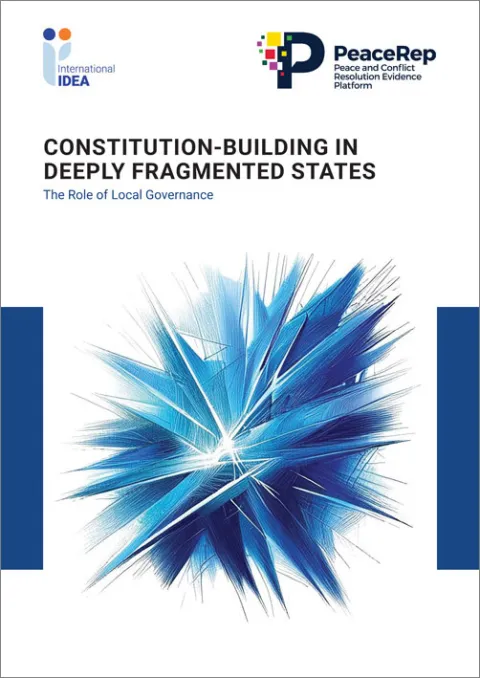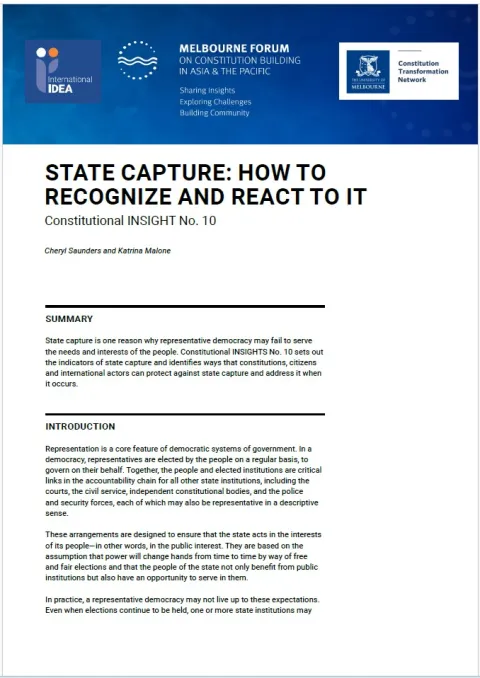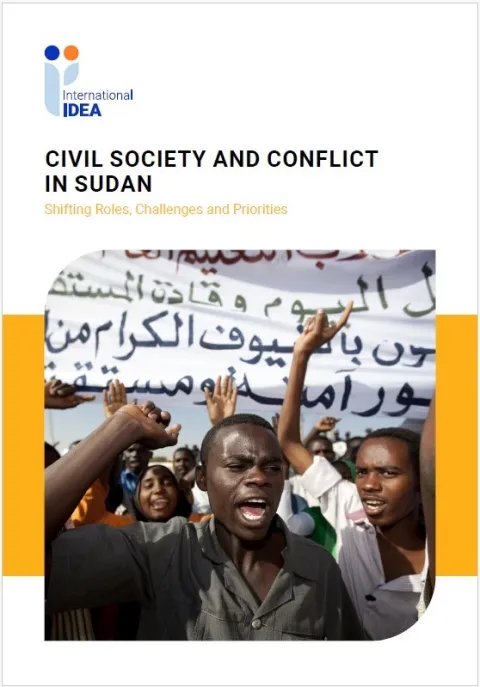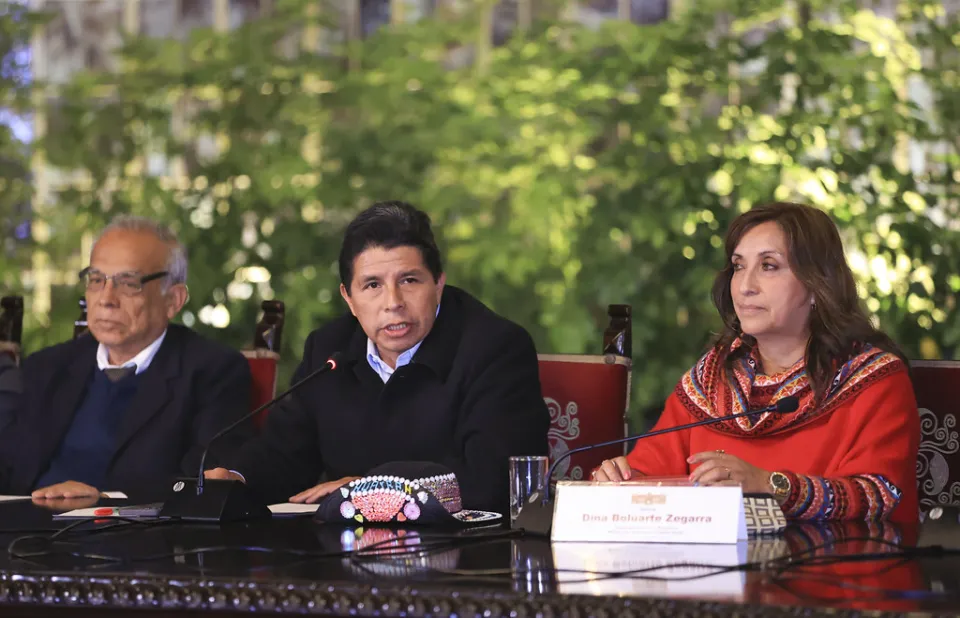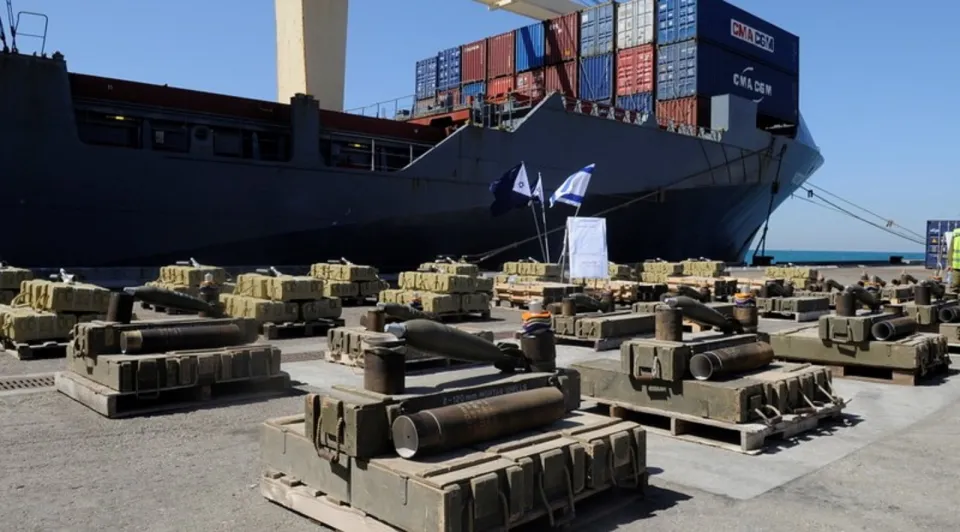Interim Constitutions
This Policy Paper aims to fill a significant gap in the policy and academic literature on the process and design of interim constitutions in conflict-affected settings.
It argues that, unlike both peace agreements and interim arrangements, the strength of interim constitutions lies in their legal enforceability. It examines the diversity of post-1990 interim constitutions in terms of their structure and their role in broader peacebuilding processes.
One of its main conclusions is that, despite key differences that also relate to the relationship between the country context and the choice of procedure and design, interim constitutions potentially offer time or the opportunity to facilitate consensus over time. They also have the potential to contribute to a culture of participatory constitutionalism, and address sequencing issues around elections and the strengthening of key institutions responsible for implementing constitutional frameworks.
Details
Staff author
Contents
Key recommendations
Executive summary
1. Introduction
2. Interim constitutions: a conceptual framework
3. Interim constitutions in conflict-affected settings
4. The design of interim constitutions
5. The process of drafting interim constitutions
6. Conclusions
References and further reading
Acknowledgements
About the author
Give us feedback
Do you have a question or feedback about this publication? Leave us your feedback, and we’ll get back to you
Send feedbackInterim Constitutions
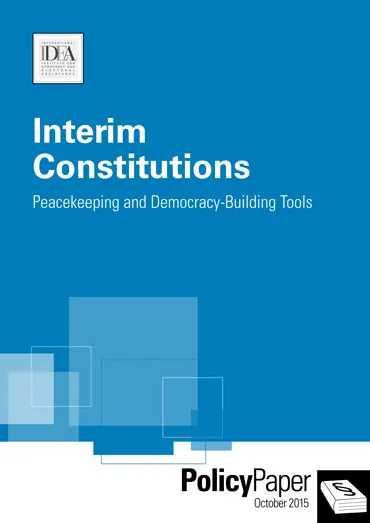
| Total views | 9885 |
|---|---|
| Downloads | 133 |
| Rating |
Staff author
Give us feedback
Do you have a question or feedback about this publication? Leave us your feedback, and we’ll get back to you
Send feedback